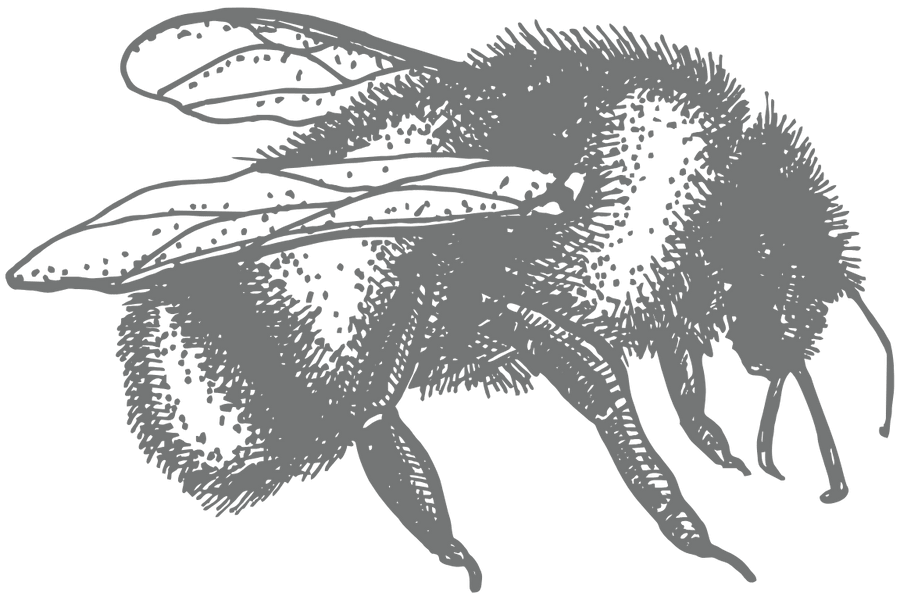
Obsessions and Compulsions
OCD is a type of anxiety disorder characterized by the coupling of obsessive thoughts and ritualistic behaviours. OCD symptoms can emerge at any time, but research shows that some of the first symptoms often show up between ages 8-12 years old.
To begin therapy to treat obsessions and compulsions, book with:
Amy Parsons
D’Arcy Arseneau
Darleen Davis (children only)
Dayirai Kapfunde (virtual only)
Kenneth Guye (virtual only)
Kim Cardinal
Lyndsy Stevenson
Samantha LeBlanc
Sarah Callin
Understanding Obsessions & Compulsions
Obsessions refer to distressing, unwanted thoughts or images that trigger a sense of anxiety. Some of the common types of obsessions include:
fear of contamination
fear of getting hurt or hurting others
obsessions with order, control, and symmetry
religious/moral obsessions
fear of making mistakes or losing something important
Compulsions refer to repetitive behaviours intended to reduce the distress associated with obsessive thoughts. Compulsions may provide some relief, but they are not pleasurable in nature. The person engaging in compulsive behaviour often feels burdened and frustrated by having to perform a specific ritual.
Compulsive behaviours may include:
excessively checking certain items (locks, doors, appliances)
tapping, counting, rubbing, or touching rituals
excessively washing or keeping clean
keeping things in a specific order and rearranging items
performing mental rituals (repeating phrases or prayers or rewriting the same homework assignment multiple times)
How Does CBT for OCD Work?
Obsessive-compulsive disorder is treatable, and early intervention can make a big difference in helping reduce OCD symptoms. Exposure and response prevention (ERP) is a type of cognitive-behavioural therapy that helps people gradually confront their feared situations. Therapy sessions for obsessions and compulsions may include:
Psychoeducation: It's important to talk about OCD with the client and provide information about how certain symptoms and treatment work. Psychoeducation can also help reduce some of the shame or fear clients feel about therapy.
Fear hierarchies: Fear hierarchies rank specific types of fears, with the 'least-feared' situation at the bottom of the hierarchy and the most feared ranked at the top. Clients receiving OCD treatment are encouraged to work through their fear hierarchy to achieve desensitization to their symptoms.
Exposure therapy: Exposure therapy consists of confronting distressing thoughts through various types of exposure. Although this may feel distressing at first, the more someone exposes themselves to their fears (while realizing nothing bad happens), the less intense they tend to feel.
Response prevention: Response prevention refers to interrupting the usual connection between obsessions and compulsions. The client is asked to not engage in their typical compulsive behaviour and simply face the strong urge. At first, this feels challenging (and sometimes impossible), but over time, people learn that an obsessive thought is just a thought and they don't have to act on it.
Self-monitoring: OCD treatment doesn't just happen in the office. It's important to continue practicing these skills in everyday life. Self-monitoring may include a combination of homework assignments or otherwise tracking progress.
Therapy for Obsessive Impulsive Disorder in Fort McMurray
How to Start Therapy for Obsessive Compulsive Disorder
Beginning therapy with Boreal Therapy Collective is easy and requires no referral. You can book your initial assessment here.
Understanding Length of Therapy and Treatment
Your first appointment will be 90-minutes long. For all future appointments, you can choose to book for 1 hour or 90-minutes. During your first appointment, your therapist will ask you questions to better understand you and your areas of struggle. This is known as an assessment. Depending on how much you share, the assessment phase can last anywhere from one to three appointments. The assessment is critical. It helps you and your therapist understand your goals, and it helps your therapist develop a treatment plan to support you in achieving these goals.
After the assessment is complete, treatment begins! In the treatment phase, you will be introduced to a variety of skills to practice and implement to better manage your symptoms. Most people will have a therapy session every two weeks, and we recommend this for optimal treatment. Effective therapy typically takes somewhere between six to twelve appointments (for some more, others less). Many choose to continue therapy once formal treatment is complete. This is referred to as maintenance. People who do this typically have an appointment once every six to eight weeks. This is not a requirement and is a matter of personal choice.
Therapy for Obsessive Compulsive Disorder at Boreal Therapy Collective
Where We Are Located
We’re located at 8530 Manning Avenue, Unit 104. You’ll find us in the Service Canada building (on the side of the building that faces the Clearwater River). To check out our space, click here.
Parking is located at the front and back of the building. The front parking lot is closer to us but tends to fill up quickly. If you park at the back (where Service Canada is located), you can walk around the building to reach our office. To learn more about parking, click here.
Importantly, you do not need to be in town for treatment. We offer in-person and virtual therapy and our therapists are happy to provide whatever option works best for you!
Rates & Benefit Coverage
Initial assessments are billed at a rate of $330.00 for a 90-minute appointment. Follow-up sessions are billed at a rate of $220.00/hour or $330.00/90-minutes (you can choose your preferred appointment length when booking).
Our social workers offer direct billing to 25+ benefit providers. Many benefit providers will cover a portion or the whole amount of your therapy session. With your consent, we will always direct bill your benefit provider first. Please note that our Registered Psychiatric Nurses are typically ineligible for direct billing.
If we are unable to direct bill, you can pay via email money transfer or credit card. You will be given a receipt once payment has been collected. For more information, click here.






